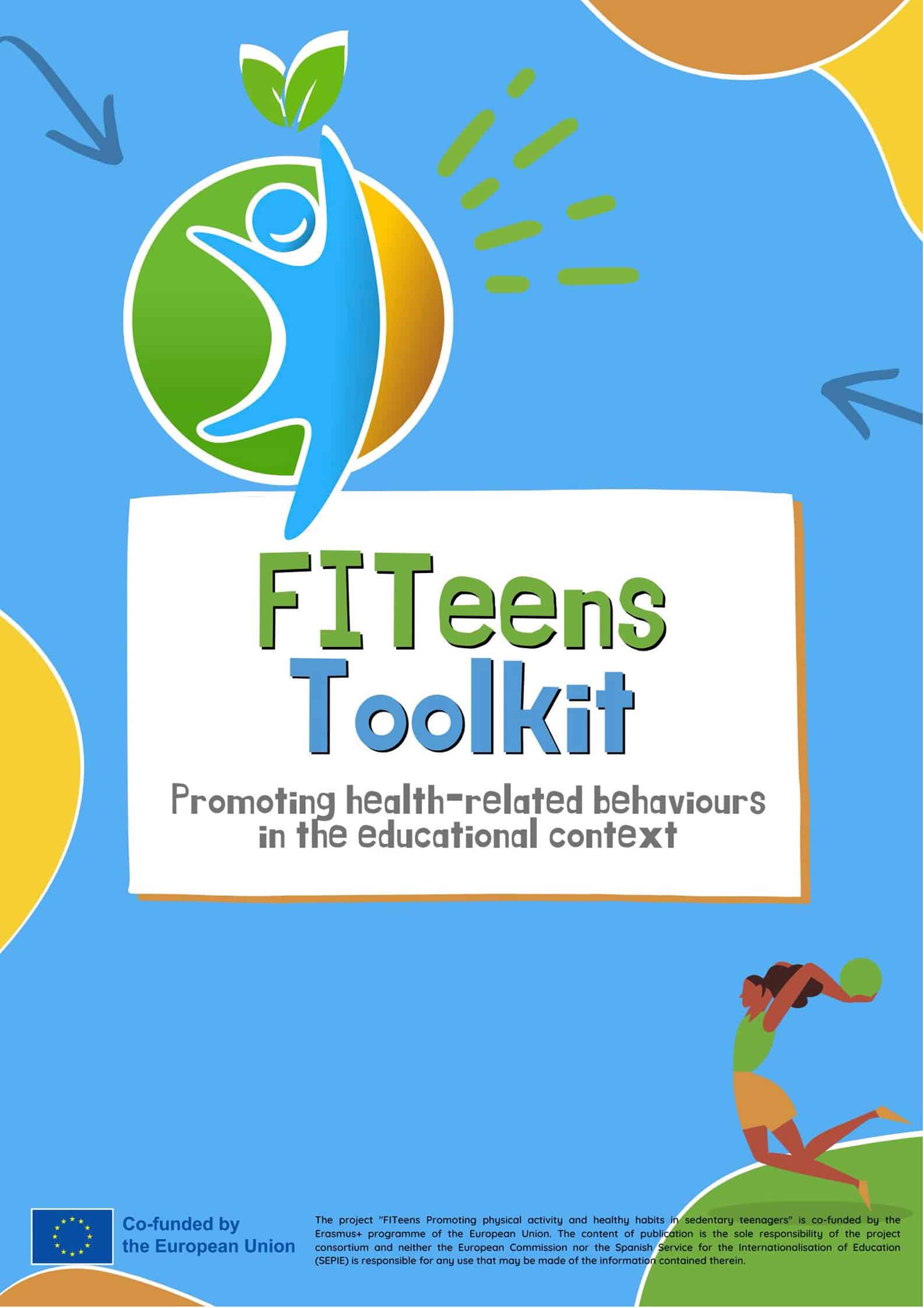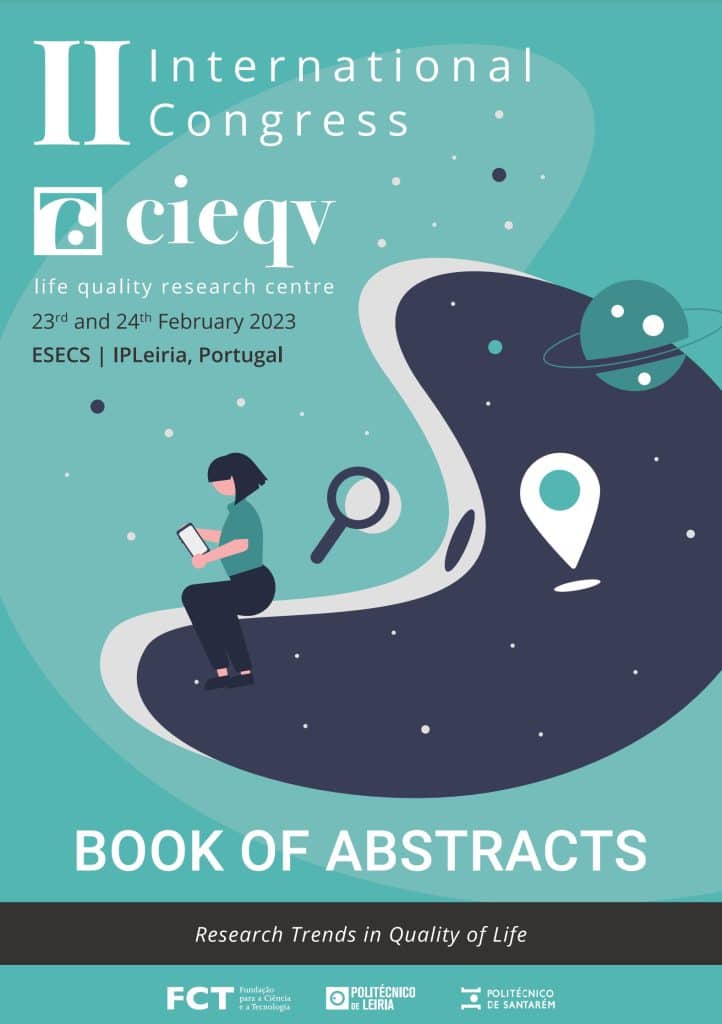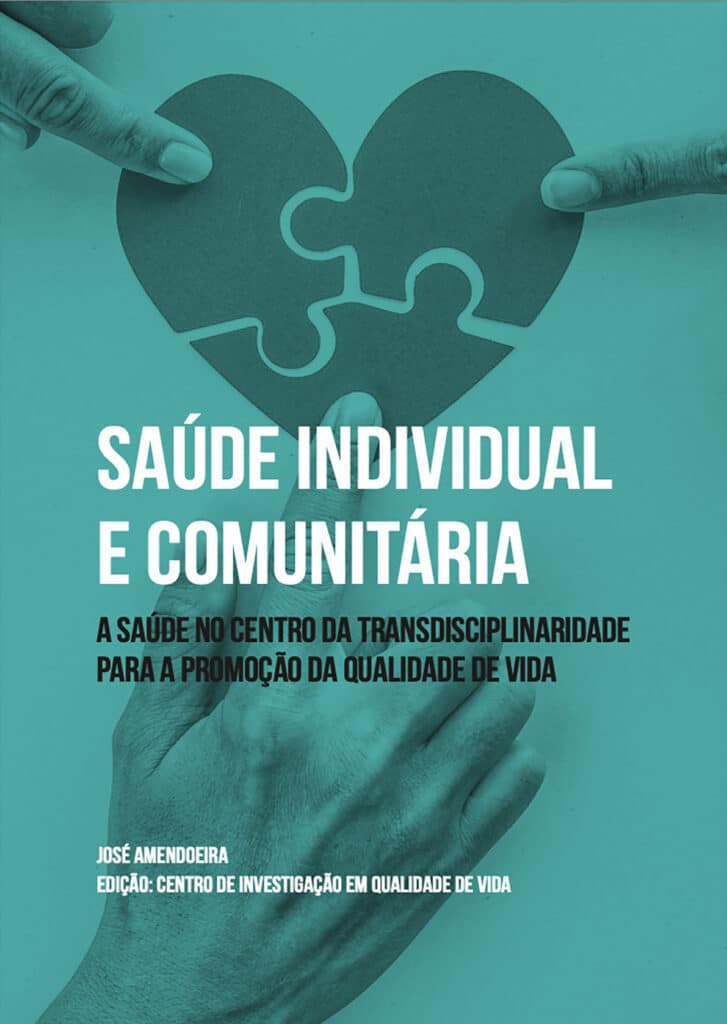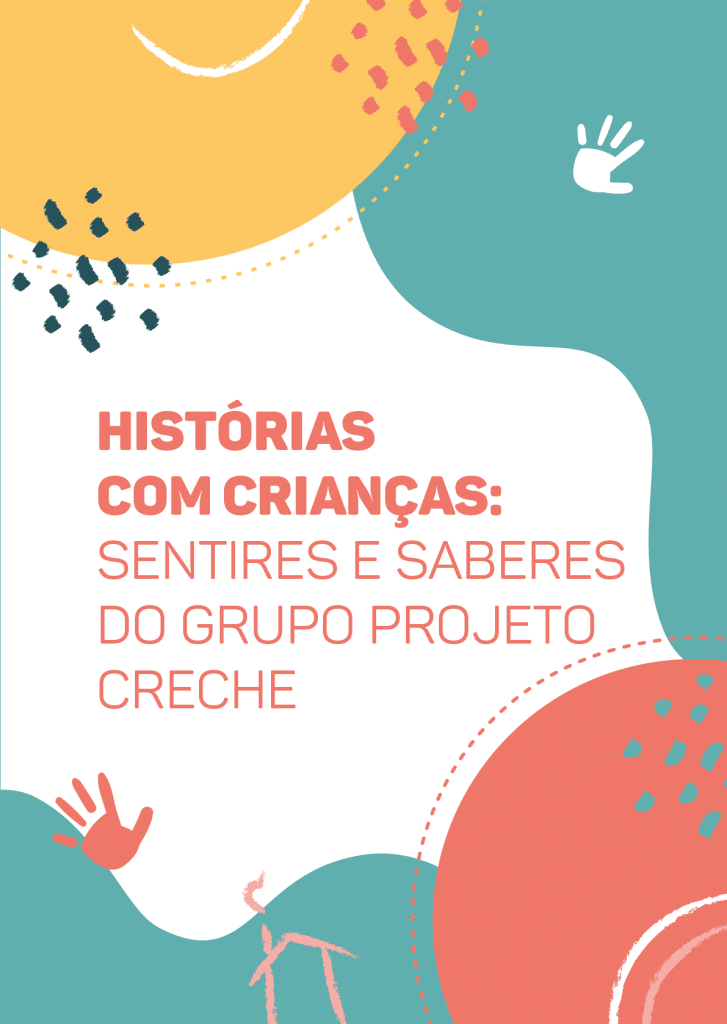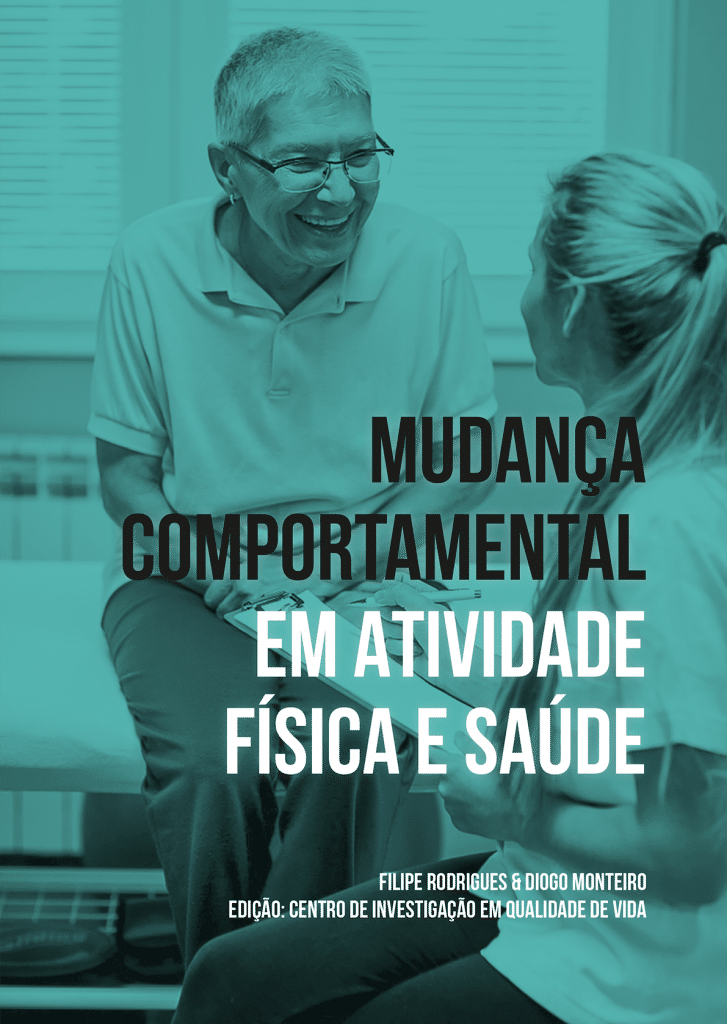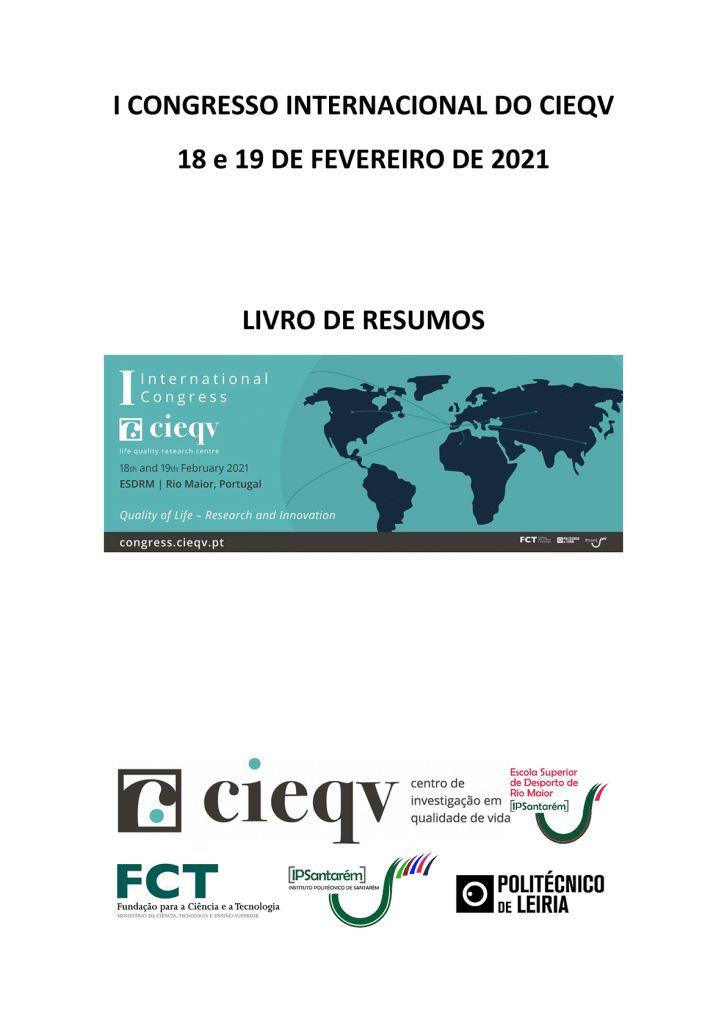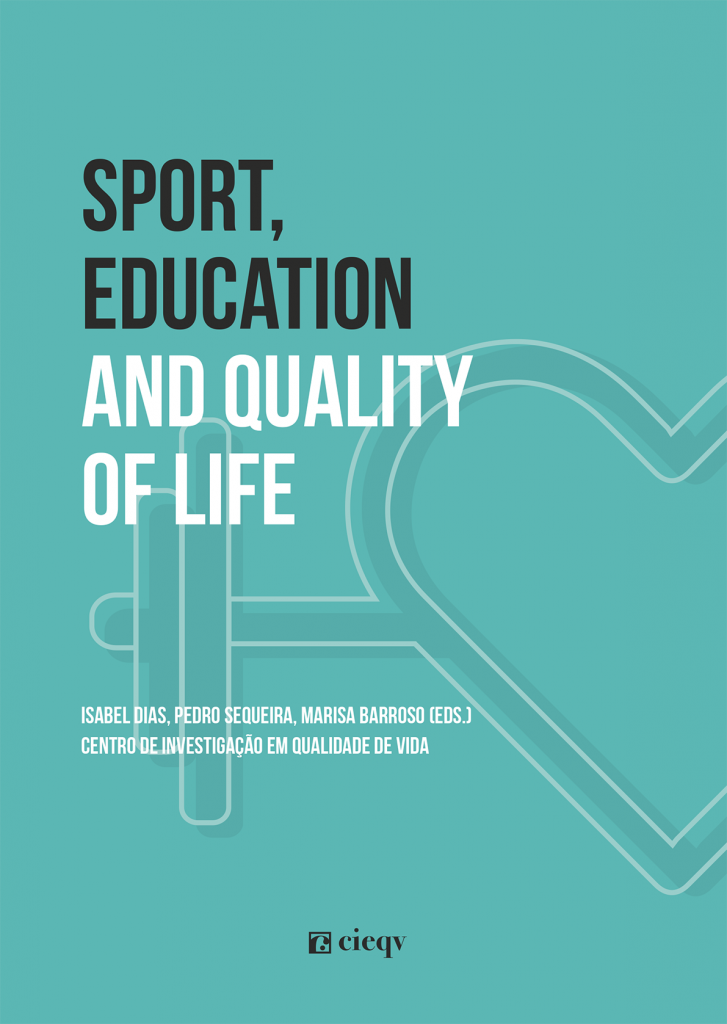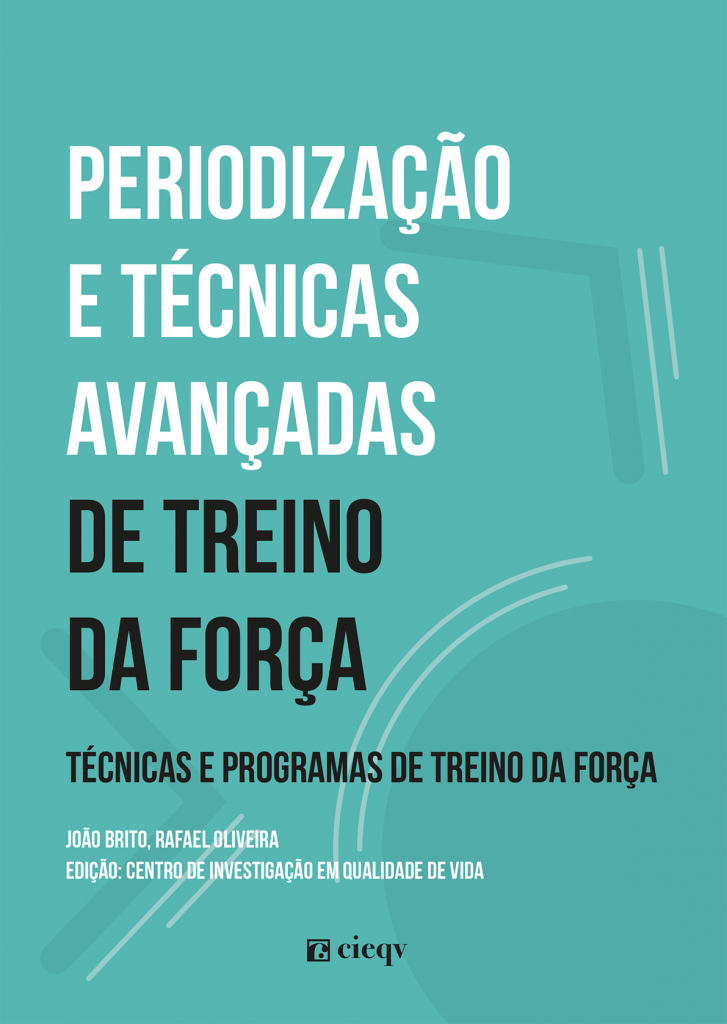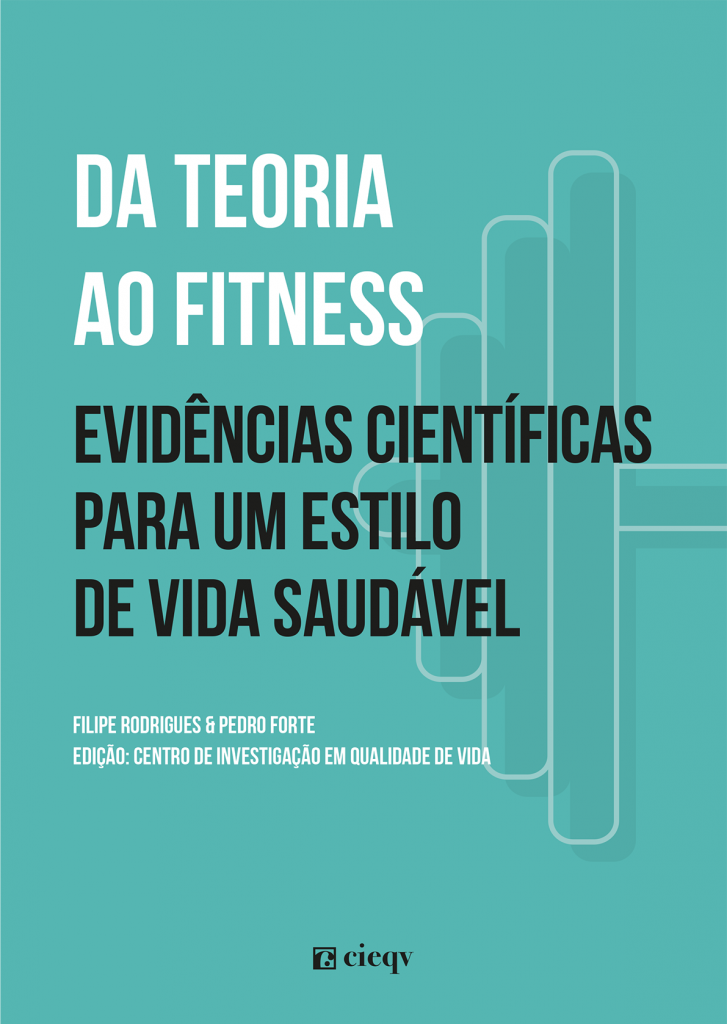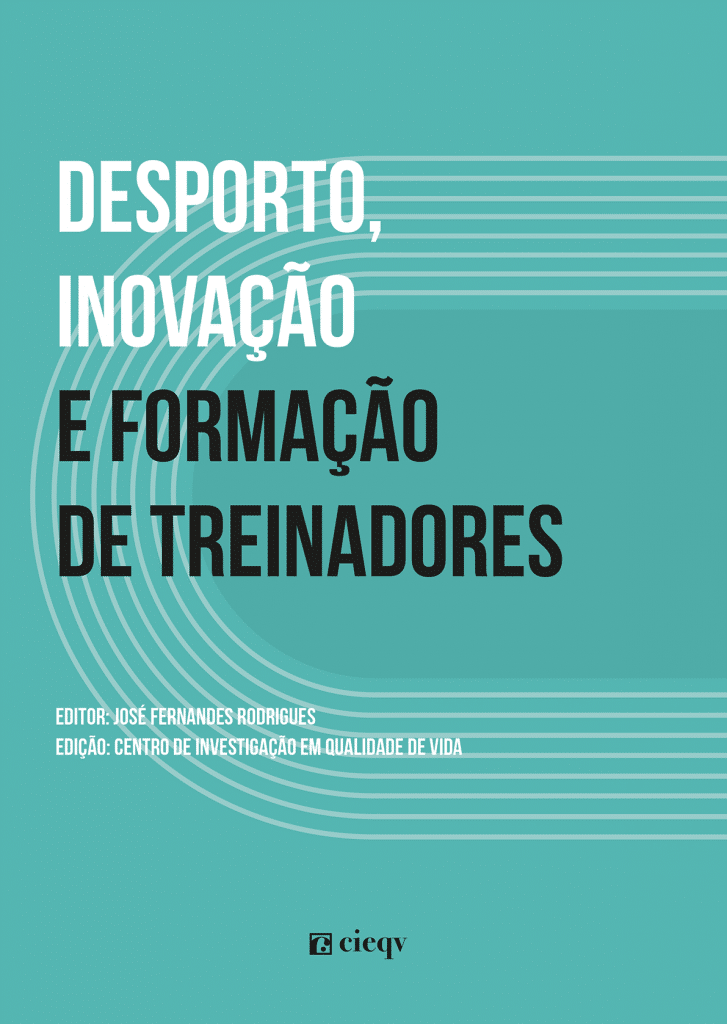Research
OUR
Research Areas
The LQRC-CIEQV is organized in 5 scientific areas: every research line has different scientific topics. The researchers will work in every scientific area by research interests, however, not excluding the possibility of working in other areas resulting from the interconnection of research projects.
The 5 scientific areas:
Organizational dynamics: This research area covers the study of individual and collective dynamics and their association with the quality of life in urban and rural contexts, as well as the social influence on individual and organizational interactions.
Education and training: This research area focuses on the study of competence across trainers and trainees, as well as on teaching models, and the creation and innovation of technological tools that enhance our understanding of the skills and knowledge within the context.
Food production and technology / Food behavior: This research area covers the study of human behavior related to food production, distribution, and consumption.
Individual and community health: This research area covers the assessment of quality in life and health of the society, considering the life cycle, health care needs, and life expectancies.
RESEARCH LABS
The research developed by the CIEQV members is produced using the institutional facilities at their schools.
Agricultural and Environmental Sciences Lab
ESAS – IPSantarém
Food Technology, Biotechnology and Nutrition Lab
ESAS – IPSantarém
Human Motricity Lab
ESECS – IPLeiria
Sport Sciences Lab
ESE – IPSetúbal
Sport Research Lab
ESDRM – IPSantarém
Nursing Simulation Lab
ESSS – IPSantarém
Projects
| wdt_ID | ORDEM | TITLE | RESPONSIBLE INVESTIGATOR | TEAM OF RESEARCHERS | FUNDING ENTITY | APPLICATION / ONGOING |
|---|---|---|---|---|---|---|
| 52 | Vida ProFit | Susana Franco | Susana Franco, Vera Simões, Dulce Esteves, (UBI), Liliana Ramos, Isabel Vieira | UBI, CIEQV, IPSantarem | 72 meses | |
| 53 | New Health Programme (NH2022) (Ref:613045-EPP-1-2019-1-NL-SPO-SCP) | Dr. John Van Heel (Susana Franco) | Dr. John Van Heel, Prof. Dr. Ana Szumilewicz, Dr. Julian Berriman, Prof. Dr. Susana Franco, Prof. Dr. Vera Simões, Prof. Dr. Carla Borrego, Prof. Dr. Simona Pajaujiene, Dr. Aurimas Maciukas, Dr. Eric Vandenabeele, Prof. Dr. Manel Valcarce, Prof. Dr. Adrianna, Prof. Dr. Jana, Prof. Dr. Antala Branislav | ERASMUS + Sport | 01/2020 – 12/2022 | |
| 54 | Pessoas com Fibra | Prof. Dr. Susana Alves | – | IPDJ | abril 2022 - dezembro 2022 | |
| 56 | PRECASE: reformulação dos curricula de formação de educadores e professores do ensino básico e formação contínua de professores em serviço, da Guiné-Bissau | Miguel Figueiredo | – | (a quota da ESE), Instituto Camões (2023) | – | |
| 57 | Projeto Voluntariado Santander - Projeto na "Comunidade para uma vida Saudável" | Ana Pereira | Ana Pereira, Luis Leitão, alunos LDESP | Banco Santander | 2019-2021 | |
| 59 | "Todos a Jogo" | Mário Espada | Mário Espada, Cátia Ferreira, Danilo Ferreira, Fernando Santos, Teresa Figueiredo | Instituto Português do Desporto e Juventude | 1 ano | |
| 60 | THE STARTING UP - ACCELERATORS OF ENTREPRENEURSHIP 4 INCLUSION | Maria Barbas | Maria Barbas, Susana Leal, Maurício Dias, Elsa Casimiro, Mário José, Silvandina Cordeiro, Cristina Novo, Lisa Silva, Dinka Vukovic, Natalija Belošević, Sotiris Themistokleous, Glykeria Kalamata, António Campos, Rita Pedro | Erasmus+ | 2 anos | |
| 61 | VOLTO JÁ - Programa de Intercâmbio Sénior - I’ll be right: Senior Exchange Program | Sandra Oliveira | Sandra Oliveira, Susana Leal, Carla Vivas, João Nascimento, Cláudio Barradas, Aldo Passarinho, Cristina Santos, Marta Amaral, Ana Rodrigues, Alice Diniz, Eva Mendonça, Joana Santinhos, Luís Cláudio Barradas, Luís Martins, Regina Ferreira, Ricardo São João | FCT | 3 anos | |
| 62 | CIEQV 2020-2023 | José Rodrigues | José Rodrigues, Rui Matos | Fundação para a Ciência e Tecnologia | 4 anos | |
| 63 | Village on Move Go | Marita Mattila | José Amoroso, Paula Simões | Comissão Europeia | 2 anos |
Project Partners
FITeens
Promoting physical activity and healthy habits in sedentary teenagers.
Publications
| wdt_ID | ORDEM | AUTHOR(S) | YEAR | TITLE | PUBLISHED IN | DOI |
|---|---|---|---|---|---|---|
| 1 | 24 | Arménio Rego, Andreia Vitória, Tânia Ribeiro, Leonor Ribeiro, Rui Lourenço-Gil, SUSANA LEAL & Miguel Pina e Cunha | 2020 | Attitudes and HRM decisions toward older workers in Africa: exploring contradictions through an empirical study. | The International Journal of Human | 10.1080/09585192.2019.1710720 |
| 2 | 23 | FILIPE RODRIGUES, Diogo S. Teixeira, Henrique P. Neiva, Luís Cid and Diogo Monteiro | 2020 | Understanding Exercise Adherence: The Predictability of Past Experience and Motivational Determinants | Brain Sci. 2020, 10, 98 | 10.3390/brainsci10020098 |
| 3 | 22 | RUI MATOS, Nuno Amaro, Richard Pollard | 2020 | How best to quantify home advantage in team sports: an investigation involving male senior handball leagues in Portugal and Spain. | RICYDE. Revista internacional de ciencias del deporte, 59(16), 12-23 | 10.5232/ricyde2020.05902 |
| 5 | 21 | Alesi, Marianna; Gómez-López, Manuel; CHICAU BORREGO, CARLA; Monteiro, Diogo; Granero-Gallegos, Antonio. | 2019 | Effects of a Motivational Climate on Psychological Needs Satisfaction, Motivation and Commitment in Teen Handball Players. | International Journal of Environmental Research and Public Health 16 (15): 2702. | 10.3390/ijerph16152702 |
| 6 | 20 | AMARO, N.M., Morouço, P.G, Marques, M.C., Batalha, N.M., Neiva, H., Marinho, D.A. | 2019 | A Systematic Review on Dry-land Strength and Conditioning Training on Swimming Performance. Science &Sports. | Science &Sports. 34 (1): 1-14. | 10.1016/j.scispo.2018.07.003. |
CIEQV Editions
EDITIONS
CIEQV Editions are a privileged mean of disseminating scientific production and its extension for application to social contexts that involve the Quality of Life. The collection includes author books and compilations of chapters. The themes of this collection are presented related to the scientific areas of the centre, contributing to its objectives and purposes.

